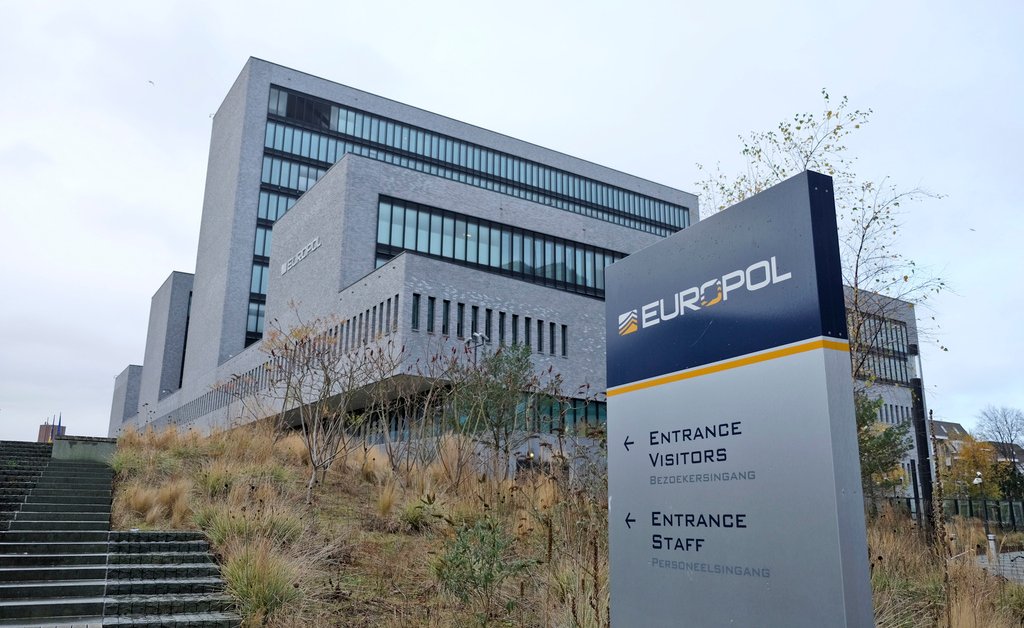The European Union’s law enforcement agency, Europol, has issued a warning that artificial intelligence is being used to turbocharge organized crime across the 27-nation bloc. This AI-driven crime is becoming increasingly intertwined with state-sponsored destabilization campaigns, posing a serious threat to societies. Europol’s Executive Director, Catherine De Bolle, highlighted that cybercrime is evolving into a digital arms race, targeting governments, businesses, and individuals with more precise and devastating attacks.
The latest edition of Europol’s report on organized crime, the EU Serious and Organized Crime Threat Assessment 2025, reveals that offenses such as drug trafficking, people smuggling, money laundering, cyber attacks, and online scams are eroding society and the rule of law. These crimes generate illicit proceeds, spread violence, and normalize corruption within communities. The report also emphasizes that the volume of child sexual abuse material online has increased due to AI, making it harder to analyze images and identify offenders.
One of the concerning aspects of AI in crime is the creation of highly realistic synthetic media by criminals. This allows them to deceive victims, impersonate individuals, and discredit or blackmail targets. The report mentions that AI-powered voice cloning and live video deepfakes further amplify the threat, enabling new forms of fraud, extortion, and identity theft. The use of AI in criminal activities is evolving rapidly, posing challenges for law enforcement agencies.
The report also highlights that states seeking geopolitical advantage are utilizing criminals as contractors for cyber-attacks against critical infrastructure and public institutions. These attacks, often originating from countries like Russia, are a significant threat to national security. The combination of profit motives and destabilization efforts in state-aligned cybercrime poses a complex challenge for law enforcement agencies across the EU. Europol’s report will help shape future law enforcement policies to combat organized crime and protect societies from these evolving threats.
In conclusion, the use of artificial intelligence in organized crime is a growing concern for law enforcement agencies in the European Union. The rapid advancement of AI technology is enabling criminals to conduct more sophisticated and devastating attacks, posing a serious threat to society and the rule of law. Europol’s report highlights the challenges posed by AI-driven crime, including child sexual exploitation, synthetic media creation, and state-sponsored cyber-attacks. Law enforcement agencies must adapt to these evolving threats to effectively combat organized crime and protect communities across the EU.









